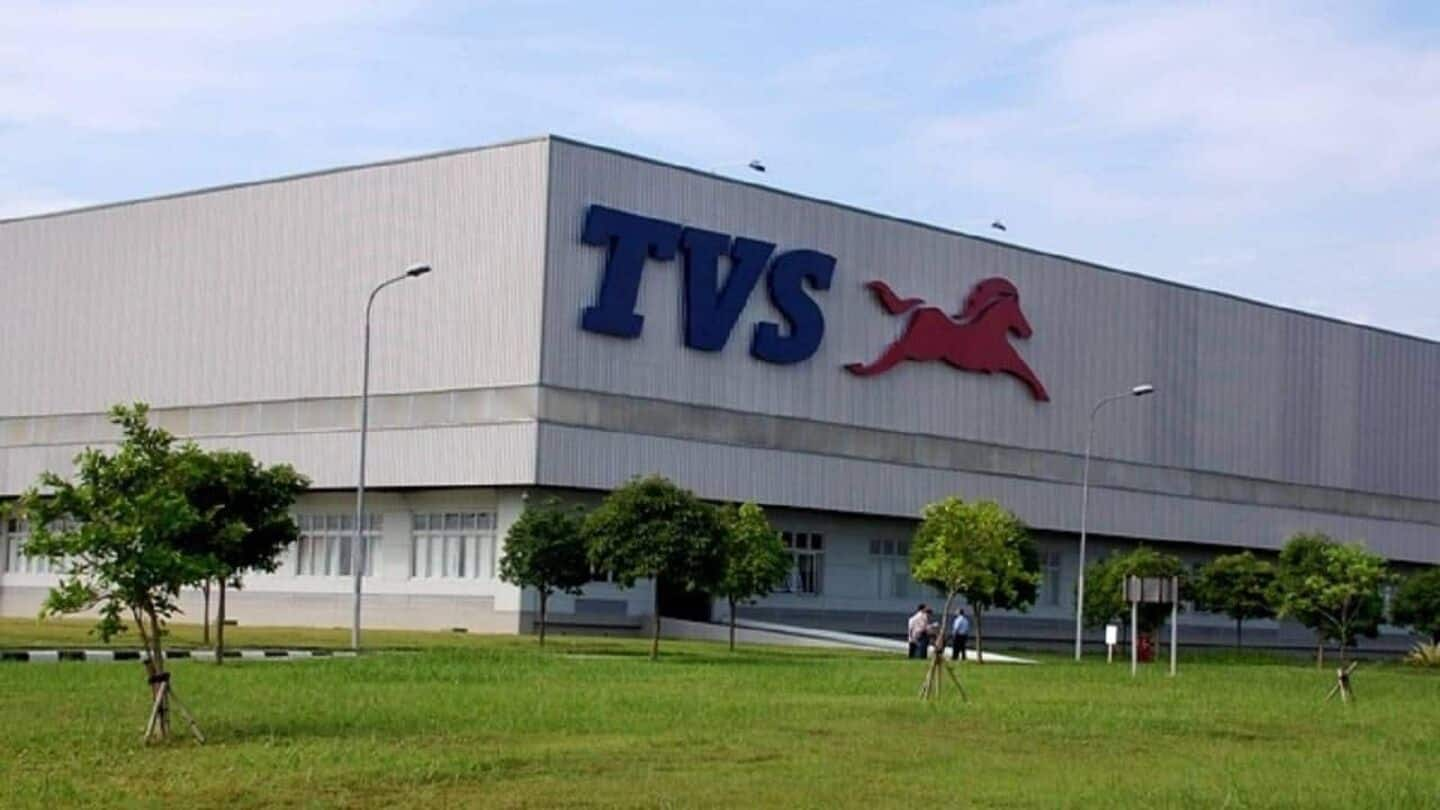
Bajaj and TVS vehicles might become costlier in India
What's the story
India's electric vehicle (EV) sector is facing a supply chain challenge, as Bajaj Auto and TVS Motor Company have raised alarm over China's curb on exporting rare earth magnets. The component is critical for EV motors and is primarily sourced from China. Sudarshan Venu, Managing Director of TVS Motor, said the impact of the curb will start affecting production by June or July. This could also result in price hikes for customers.
Concerns
EV production schedules at risk
Venu warned that the electric two-wheeler segment could be especially vulnerable to this supply disruption. He said, "We are actively exploring ways to de-risk the situation, but there could be cost increases down the line." This comes after Bajaj Auto had earlier expressed similar concerns over potential production risks from next month, if the issue remains unresolved.
Localization push
TVS emphasizes need for localized EV supply chain
TVS Motor has stressed on the urgent need for India to localize its EV supply chain. Venu said, "The auto industry must build a robust domestic ecosystem for such critical materials. Developing a self-reliant supply chain is a necessity." This comes as Indian importers are required to self-declare the end use of these magnets, which then go via a multi-step certification process involving Indian authorities and the Chinese Embassy.
Supply challenges
China's dominance in rare earth magnet supply
China dominates nearly 90% of the global rare earth magnet supply, making it difficult to find immediate alternatives. These substitutes would need time-consuming investment in testing, validation, and integration into existing vehicle systems. The situation already impacted Bajaj Auto's stock price by over 2% during its Q4 FY25 earnings call on May 30.